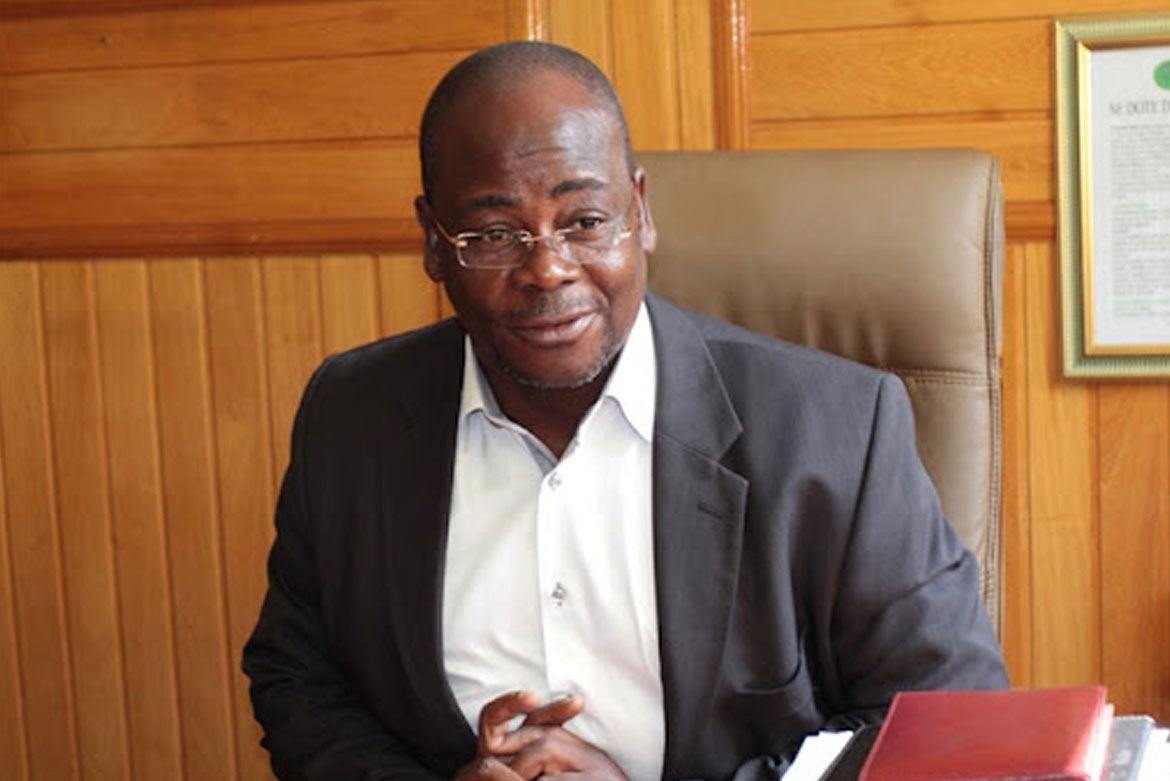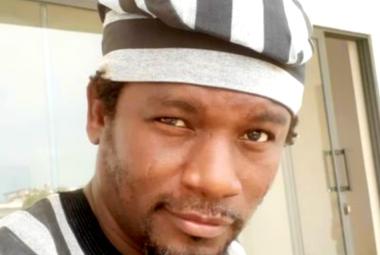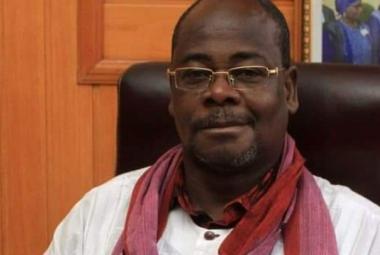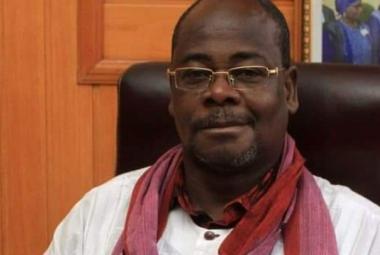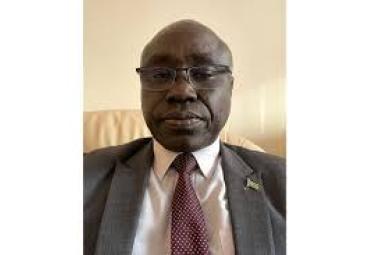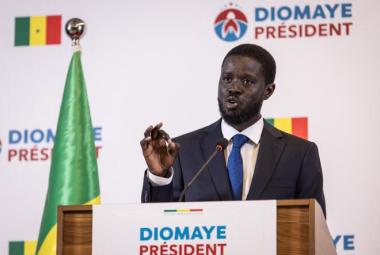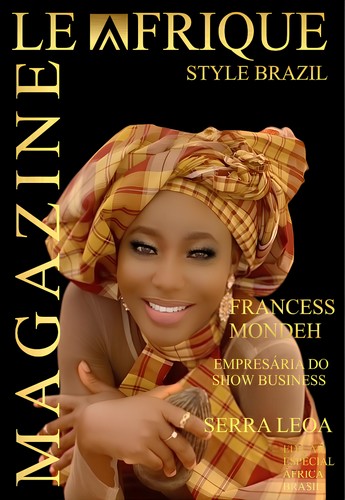“Like a flight of gyrfalcons out of the native mass grave, tired of carrying their haughty miseries, of Palos de Moguer, truckers and captains leaving, drunk with a heroic and brutal dream. They were going to conquer the fabulous metal that Cipango matures in its distant mines, and the trade winds inclined their antennae to the mysterious shores of the Western world. (The Conquerors, José-Maria De Heredia)
After the Berlin conference of 1885 which divided Africa between the Western powers, it was the hallali. And each carved out the part he could on the body of the beast already dying after several centuries of slavery. The best served were Great Britain and France. Then followed the Portuguese, the Germans (who themselves were dispossessed of their shares after their defeat in 1918), the Spaniards and Belgium, which had only one large piece, but what a piece! The Congo. In the sixties, came the hour of retirement. It was the time of independence, mainly in the French, British and Belgian colonies. The others only did it much later, at the cost of bloody wars, especially for the Portuguese.
Today, more than sixty years after these famous independences, there is talk everywhere of an anti-French sentiment in its former colonies. Why aren't we talking about anti-English sentiment? It cannot be said that the former British colonies are experiencing a development that would differentiate them dramatically from the former French colonies. So why is France increasingly rejected today in the part of Africa it controlled? No doubt because Great Britain knew how to leave. And not France. There have been many coups in former British colonies, especially in West Africa, particularly in Ghana and Nigeria. But to my knowledge, Britain has never been accused of fomenting it. France, on the other hand, has often been accused of having overthrown democratically elected heads of state, of having imposed and supported dictators, of having created and fueled wars. Jacques Foccart, the great organizer of all these dirty tricks did not hide it in his memoirs. Moreover, we have never heard of Great Britain giving lessons in democracy and good governance to African countries while supporting looting and murderous dictators, publicly dubbing one author of a coup d'etat and just as publicly vilifying another. If Great Britain has ever interfered in African affairs, let us recognize the talent of having known how to do it discreetly.
To my knowledge Great Britain does not maintain military bases in Africa, does not send its troops to save such or such dictator confronted with a rebellion, and does not meddle in the questions of currency of its ex-colonies. And above all, it does not feel obliged to try to solve all their problems in place of its ex-colonies, from their food to the construction of the places where they must go to defecate.
I have already told several times how France announced that it had launched an initiative to feed African countries, without even asking their opinion, as soon as the war started in Ukraine, and how it financed the construction of toilets in some of our countries. All of this ended up weighing heavily. Very heavy. And by irritating even the most Francophile of Africans. It must be remembered that it was a Frenchman, Jules Ferry, who said: "it must be said openly that indeed the superior races have a right vis-à-vis the inferior races... They have the duty to civilize the inferior races". Closer to home, General de Gaulle did not say anything else. And this manifested itself in the way the colonies were managed. While the English practiced what was called the "indirect rule" which consisted in letting the colonized populations manage themselves according to their customs, under the supervision of the colon, the French practiced direct administration. They set aside the traditional chiefs and installed their administrators from France who directly managed the populations. It should also be noted that it was in the French colonies that slavery called "forced labor" was practiced until 1946.
I believe that the fundamental problem is that until now, in the minds of many French people, and in many of their leaders, Africans are still big, incapable children, not yet fully civilized, to whom we must give constantly beaked, like chicks, who can be admonished like the children they are. And unfortunately, this state of mind is reinforced by our own behaviors, which are very often infantile. Yes, we have a real lack of will to take charge of ourselves, and we always wait passively for others to solve all our problems for us. To reproach them afterwards for interfering too much in our affairs. But should we be surprised that a new generation of Africans no longer want this type of relationship with France?
By Venance Konan
*This article has been translated from French into English by Marcus Boni Teiga



